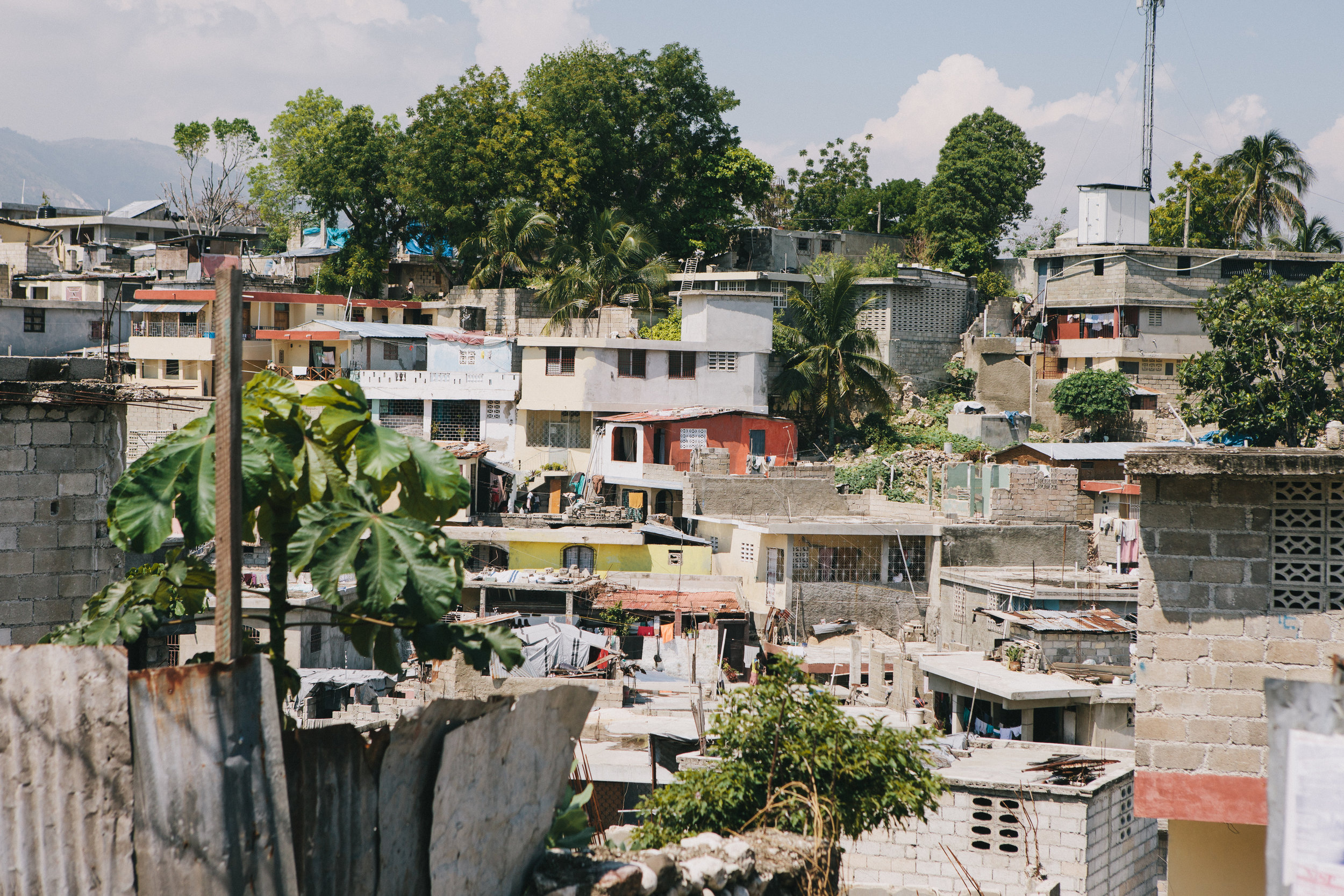Chaos in Haiti is nothing new, but the recent level of public frustration and anger with the Haitian government over fuel and food shortages, a weakening currency, double-digit inflation and accusations that officials stole public money, are boiling over. Thousands have taken to the streets in protests that devolve into arson, random shootings, looting and violent clashes with police, all on a level not seen in over a generation. For two weeks much of the country has been on “lock-down” with banks, schools and most businesses closed.
The current problems in Haiti are complex and have been decades in the making, but basically stem from political mismanagement, feuding and corruption. These protests were initially sparked in July of 2018 when the Government, led by the current President Jovenel Moïse, announced it would end subsidizing gas and diesel prices causing an estimated 35% to 50% increase in prices at the pump. At that same time multiple reports from journalists, human rights groups, and a Haitian state auditing body revealed that up to $2 billion that was part of a Venezuelan fuel assistance program PetroCaribe, was missing, believed to have made its way into politicians’ and their friends’ pockets. Tension has been building since.
Simply put, the PetroCaribe program was initiated by Venezuela’s late President Hugo Chávez to provide low-interest oil sales to nearby countries facing expensive imports. Haiti is one of the 18-member countries that signed an agreement with Venezuela, requiring that member countries pay 60 percent of the bill within 90 days. The remaining 40 percent could be financed over 25 years at 1 percent interest, should oil prices stay above $40 per barrel. Financing considers the current cost of oil, allowing for improved value when the cost of oil is higher. Countries may also offer goods and services to pay off oil shipments, ranging from food commodities to human capital such as doctors. The idea was to help financially struggling countries such as Haiti, forward-fund in-country infrastructure projects and support for the population. However, in Haiti such projects were never fully realized and the government owes over $100 million to petroleum distributors who are now refusing to deliver to the island. This is all in addition to the missing $2 billion in funds.
Implicated in the PetroCaribe scandal were President Moïse’s business from before he won the election, as well as several previous and sitting political figures. Political activists and opposition parties to President Moïse’s ruling party have created the “PetroChallenger” movement, which has expanded beyond the PetroCaribe scandal to expose other rampant political corruption. In recent weeks several senators admitted publicly to taking $100,000 bribes in exchange for a “yes” vote to approve the president’s proposed prime minister, Fritz-William Michel, also among the accused. These senators also publicly accused all of their political colleagues of openly accepting bribes as part of the status quo of politics in Haiti. And on September 23rd, a Haitian Senator fired a handgun near parliament to disperse a crowd of protesters, injured a AP photojournalist in the process.
These violent protests across Haiti have called for President Moïse to step down immediately. For his part, President Moïse has been avoiding public engagement, surfacing only last week to give a rare speech on Haitian television calling for national unity but making no concessions. One must wonder how serious the president was as he chose to give that address at 2am on Wednesday. This stalemate continues.
Many people ask us how Haiti will survive this latest chaos and violence on top of the crushing poverty, lack of infrastructure, food and clean water insecurity, the culture of corruption, and whatever natural disaster strikes next. Honestly, we don’t know. What we do know is that for 20 years HAM has made a life and death difference in every Haitian community we have worked. These communities have not only endured, but flourished because of their access to healthcare, education and clean water programs run by Haitians and funded by HAM, always in partnership with the communities we serve. Fortunately, our programs continue to function throughout the chaos. As long as the local populations continue to want a working partnership with HAM in their communities, we will continue our commitment to serve them as we always have.

